Stan Kenton - City Of Glass (1995)
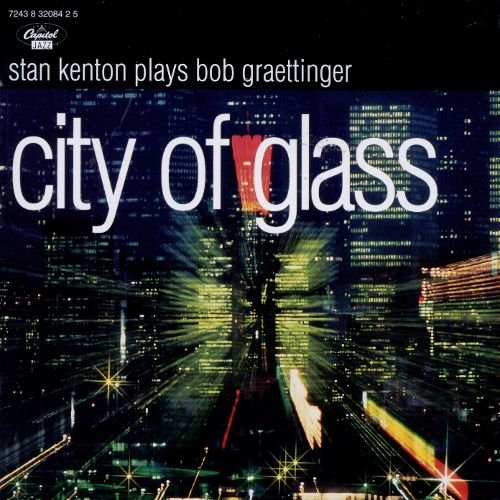
Artist: Stan Kenton
Title: City Of Glass
Year Of Release: 1995
Label: Capitol
Genre: Jazz, Big Band
Quality: FLAC (tracks+.cue, log, Scans)
Total Time: 63:23
Total Size: 259 MB
WebSite: Album Preview
Tracklist:Title: City Of Glass
Year Of Release: 1995
Label: Capitol
Genre: Jazz, Big Band
Quality: FLAC (tracks+.cue, log, Scans)
Total Time: 63:23
Total Size: 259 MB
WebSite: Album Preview
01. Thermopylae (2:57)
02. Everything Happens To Me (3:03)
03. Incident In Jazz (3:28)
04. House Of Strings (4:18)
05. A Horn (4:07)
06. City Of Glass (First movement - Part 1): Entrance Into The City (4:33)
07. City Of Glass (First movement - Part 2): The Structures (3:50)
08. City Of Glass (Second movement): Dance Before The Mirror (4:26)
09. City Of Glass (Third movement): Reflections (3:55)
10. Modern Opus (3:17)
11. A Cello (5:02)
12. You Go To My Head (3:22)
13. A Trumpet (4:50)
14. An Orchestra (4:06)
15. A Thought (4:55)
16. Some Saxophones (3:14)
Rec.: between December 6, 1947 and May 28, 1953.
Musically, Stan Kenton was perhaps the most ambitious of all big band leaders short of Duke Ellington. Moreover, he sought -- at least through 1956 -- to establish his band as the most conspicuously modern and futuristic of all big bands, a property that Duke Ellington repeatedly achieved without really trying. Such cultivation of a cult of modernism did not endear Kenton to those who genuinely felt an enthusiasm for such music, and that audience mainly ignored him; Kenton's own core audience respected much of his modernistic efforts, but in some cases merely tolerated them. While Kenton's 1950 album City of Glass, devoted to an ultra-modern, multimovement suite by Kenton arranger Robert F. "Bob" Graettinger, sold enough copies to keep it in the Capitol Records catalog for a time, to many of Kenton's fans it became the one Kenton album they had, but didn't listen to. For 50 years, City of Glass really didn't have an audience, however it was finally discovered by the avant-gardists; too busy hating Kenton for his pretensions, they turned onto City of Glass to realize they had missed a masterwork of the genre.
Canadian composer Graettinger lived, like Mozart, only to the age of 34, but unlike Mozart did not go about creating timeless, endlessly pleasing melodies with a universal appeal. His music is white hot, dense, consistently confrontational, and makes revolutionary use of instrumental resources, and he would have had a much easier time making his way, say, at IRCAM in the 1990s than in the commercial big band world of the late '40s and early '50s. Fortunately he had a strong adherent in Stan Kenton, and Capitol Jazz's City of Glass: Stan Kenton Plays Bob Graettinger documents what survives of their collaboration in respect to commercial recordings, ranging from Thermopylae, recorded in New York in 1947, to Graettinger's weird arrangement of the standard "You Go to My Head," dating from September 1952. There was more material, and this has been covered in part by the Ebony Band's Channel Classics disc City of Glass, where Graettinger's efforts stand alongside edgier creations of some of his colleagues on the Kenton arrangement staff, Pete Rugolo and Franklyn Marks. However, Graettinger genuinely stands in a class of his own; his music seldom swings and his thematic ideas range from asymmetrical figures that twist around in the foreground over dense, thick orchestrations to others so fleeting that it takes two or three listens to make sure you heard what you did.
Nevertheless, some of Graettinger's work carries over some of the immediacy and appeal inherent to popular music, even if its aspirations are clearly more classical, ambitious, and adventurous, and this extreme combination can be addictive to listeners who are attracted to both sides of the issue. The one caveat is that Capitol -- famed for its "High Fidelity" sound from the mid-'50s and perhaps the first label to utilize that tag for its products -- wasn't quite there in 1950 when City of Glass was recorded; the famous pancake stack Capitol Tower at Hollywood and Vine wasn't even built yet. So the harsh high end on certain of these recordings is something that just comes with the territory; if you have an equalizer, make suitable adjustments and turn City of Glass up as loud as you can stand it; it's a definite lease breaker, sounds great in your car at full blast, and if you like something that's like being punched in the face repeatedly at three in the morning after drinking 50 cups of coffee, then this is the ultimate experience.
Canadian composer Graettinger lived, like Mozart, only to the age of 34, but unlike Mozart did not go about creating timeless, endlessly pleasing melodies with a universal appeal. His music is white hot, dense, consistently confrontational, and makes revolutionary use of instrumental resources, and he would have had a much easier time making his way, say, at IRCAM in the 1990s than in the commercial big band world of the late '40s and early '50s. Fortunately he had a strong adherent in Stan Kenton, and Capitol Jazz's City of Glass: Stan Kenton Plays Bob Graettinger documents what survives of their collaboration in respect to commercial recordings, ranging from Thermopylae, recorded in New York in 1947, to Graettinger's weird arrangement of the standard "You Go to My Head," dating from September 1952. There was more material, and this has been covered in part by the Ebony Band's Channel Classics disc City of Glass, where Graettinger's efforts stand alongside edgier creations of some of his colleagues on the Kenton arrangement staff, Pete Rugolo and Franklyn Marks. However, Graettinger genuinely stands in a class of his own; his music seldom swings and his thematic ideas range from asymmetrical figures that twist around in the foreground over dense, thick orchestrations to others so fleeting that it takes two or three listens to make sure you heard what you did.
Nevertheless, some of Graettinger's work carries over some of the immediacy and appeal inherent to popular music, even if its aspirations are clearly more classical, ambitious, and adventurous, and this extreme combination can be addictive to listeners who are attracted to both sides of the issue. The one caveat is that Capitol -- famed for its "High Fidelity" sound from the mid-'50s and perhaps the first label to utilize that tag for its products -- wasn't quite there in 1950 when City of Glass was recorded; the famous pancake stack Capitol Tower at Hollywood and Vine wasn't even built yet. So the harsh high end on certain of these recordings is something that just comes with the territory; if you have an equalizer, make suitable adjustments and turn City of Glass up as loud as you can stand it; it's a definite lease breaker, sounds great in your car at full blast, and if you like something that's like being punched in the face repeatedly at three in the morning after drinking 50 cups of coffee, then this is the ultimate experience.

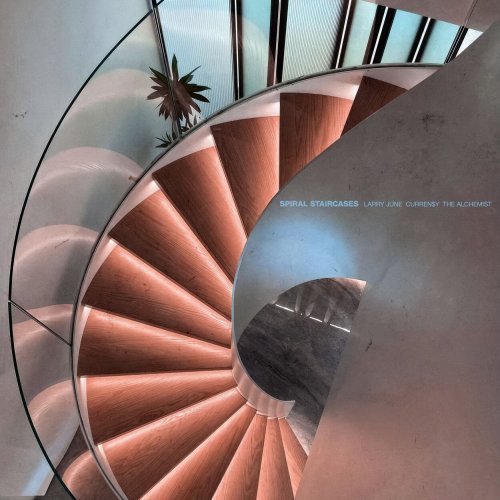
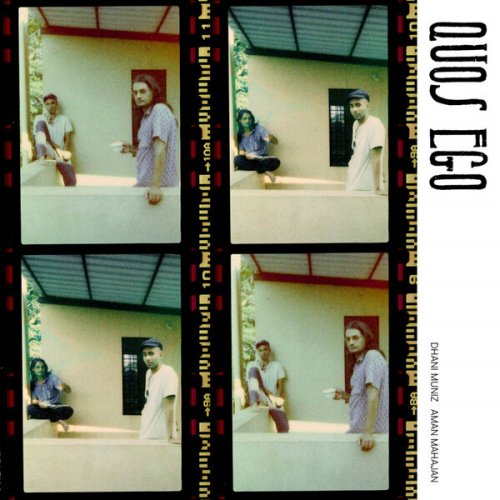
![Tom Oren - Dark Lights (2026) [Hi-Res] Tom Oren - Dark Lights (2026) [Hi-Res]](https://www.dibpic.com/uploads/posts/2026-02/1771427884_tdqtmzk78zgcb_600.jpg)
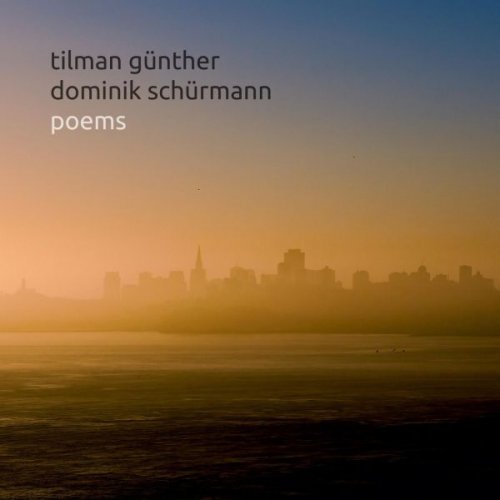
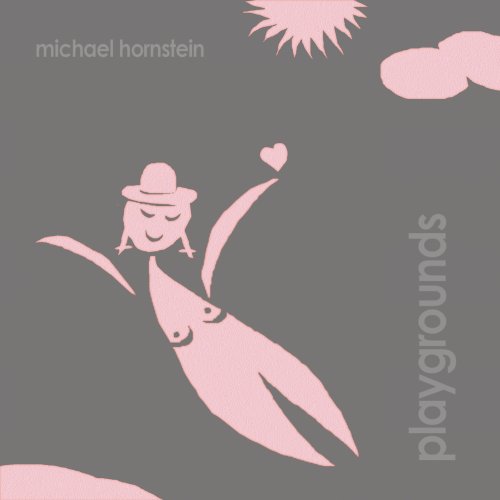
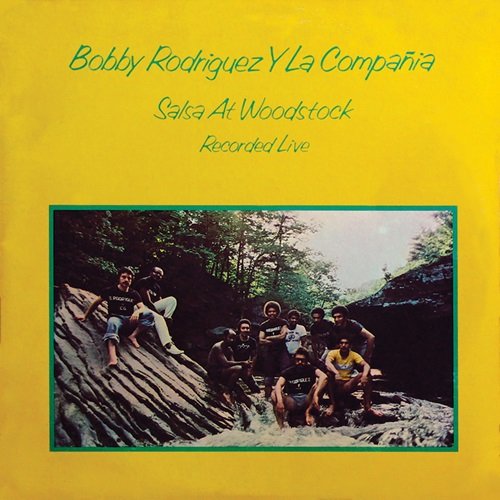

![Meg Okura - Isaiah (2026) [Hi-Res] Meg Okura - Isaiah (2026) [Hi-Res]](https://www.dibpic.com/uploads/posts/2026-02/1771428622_a0886412943_10.jpg)